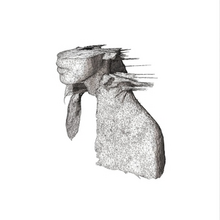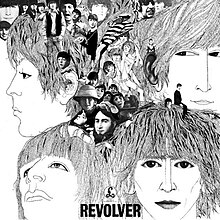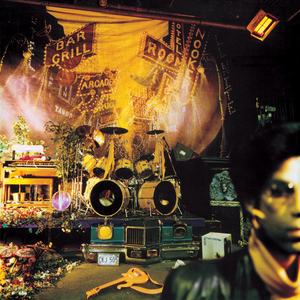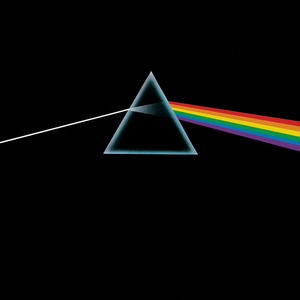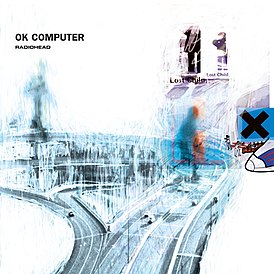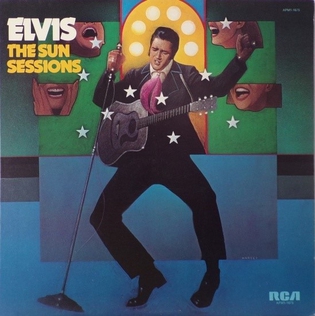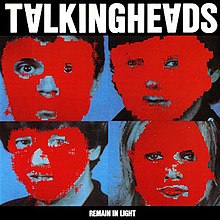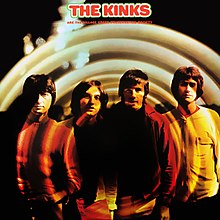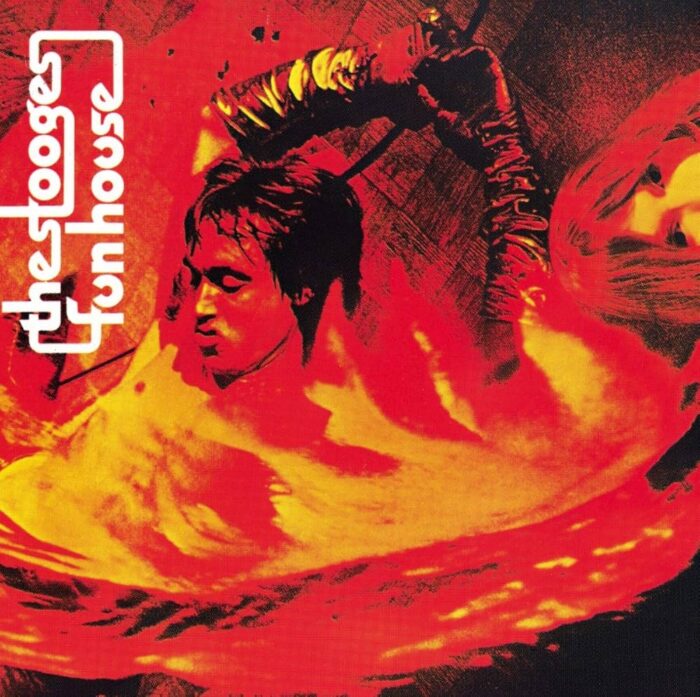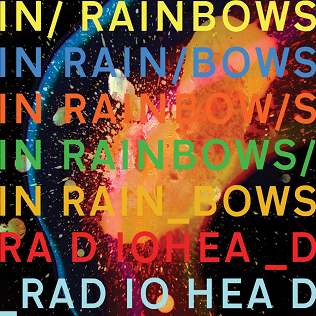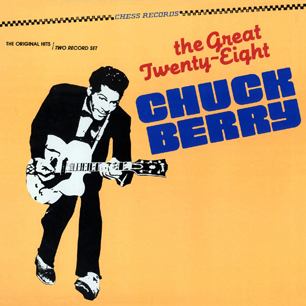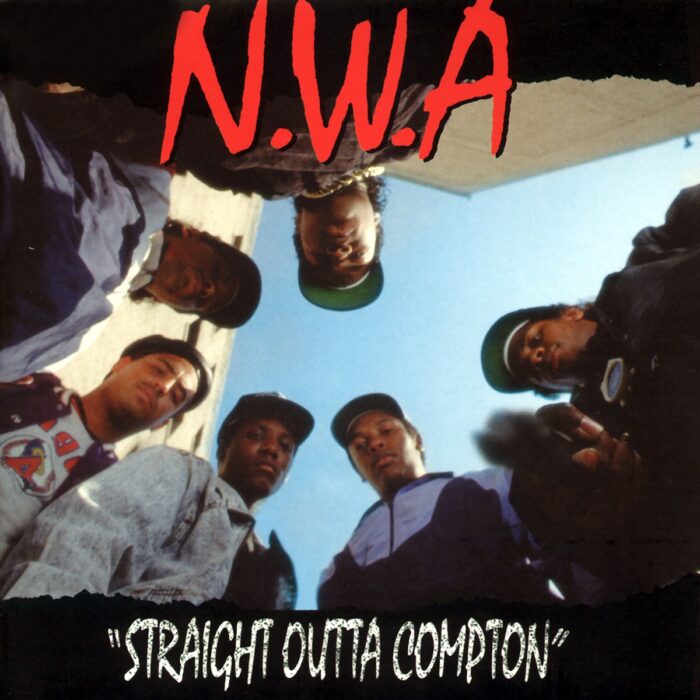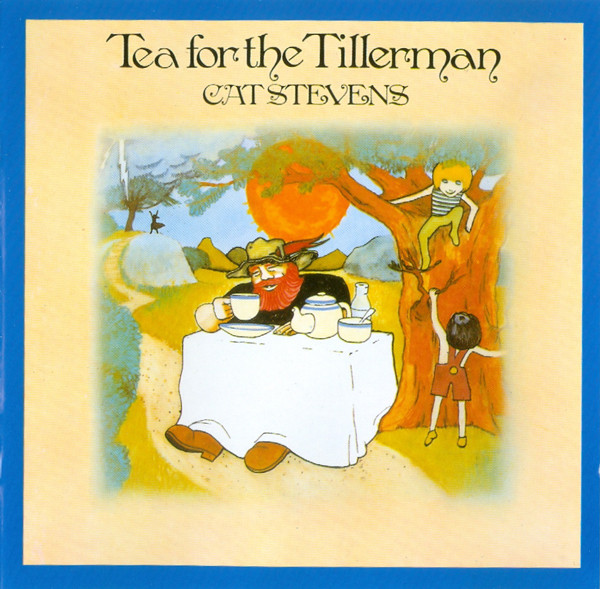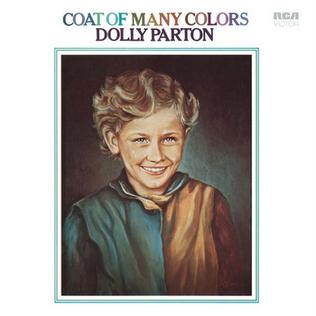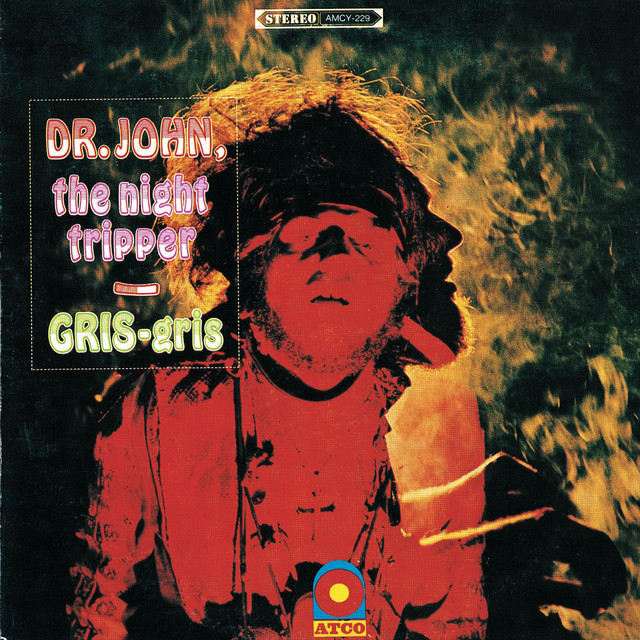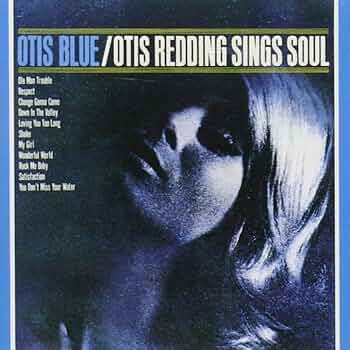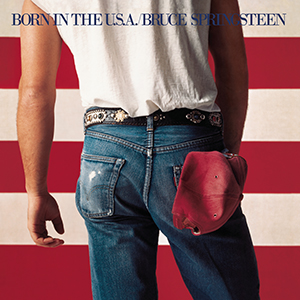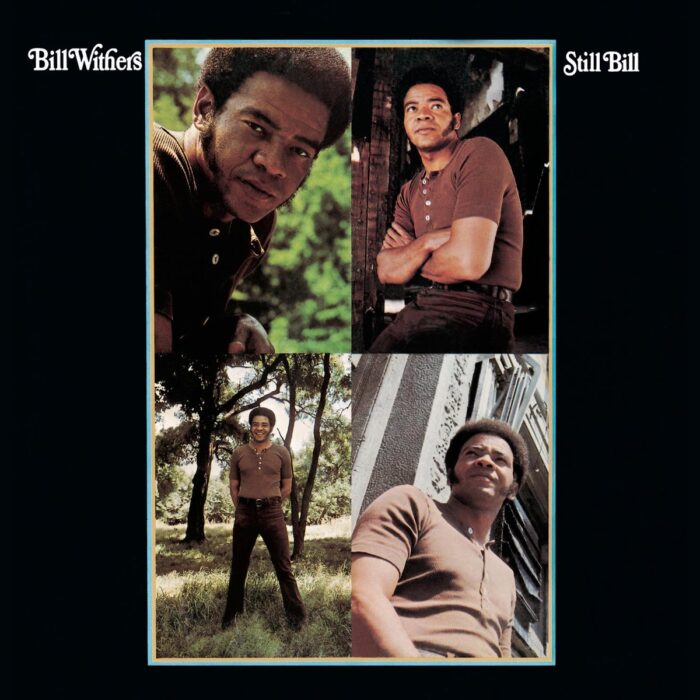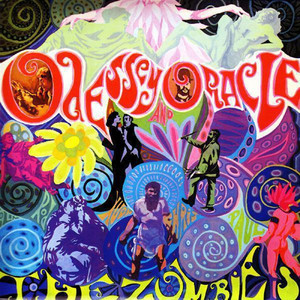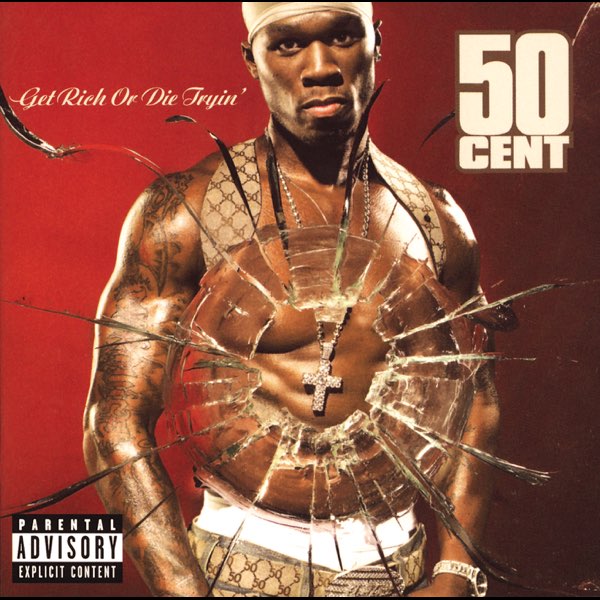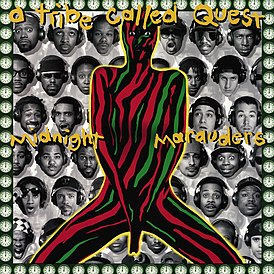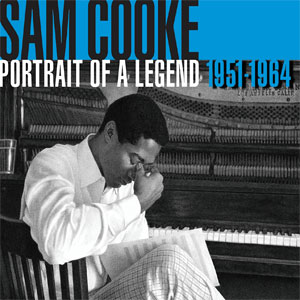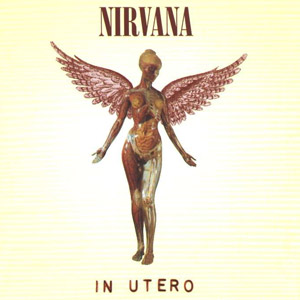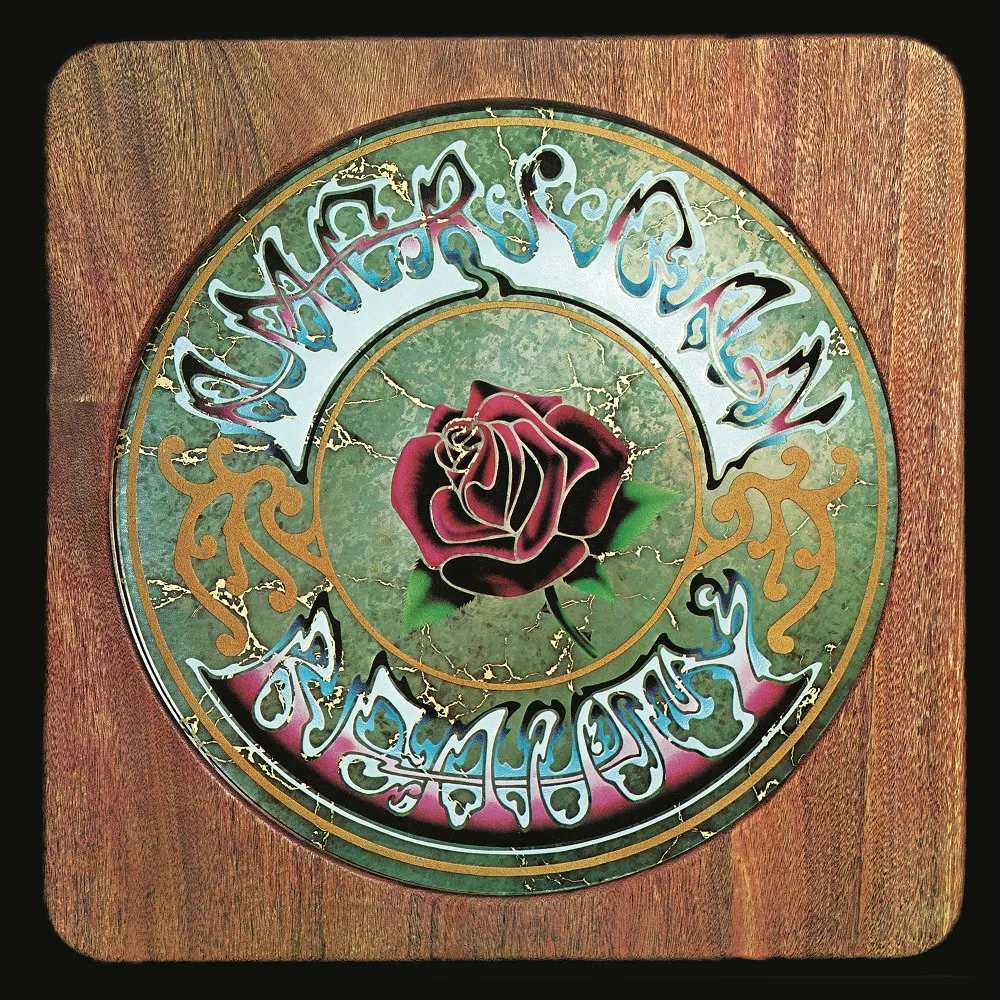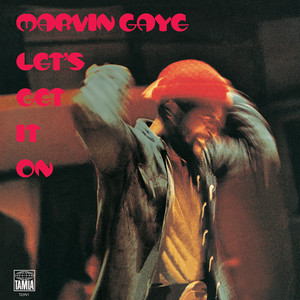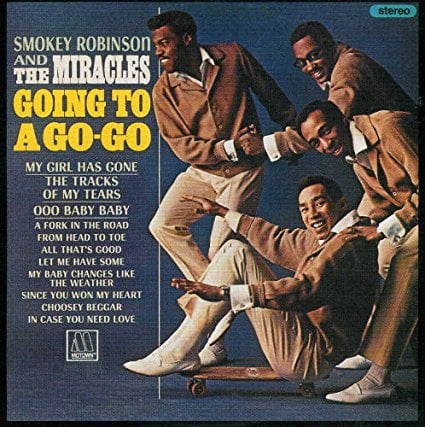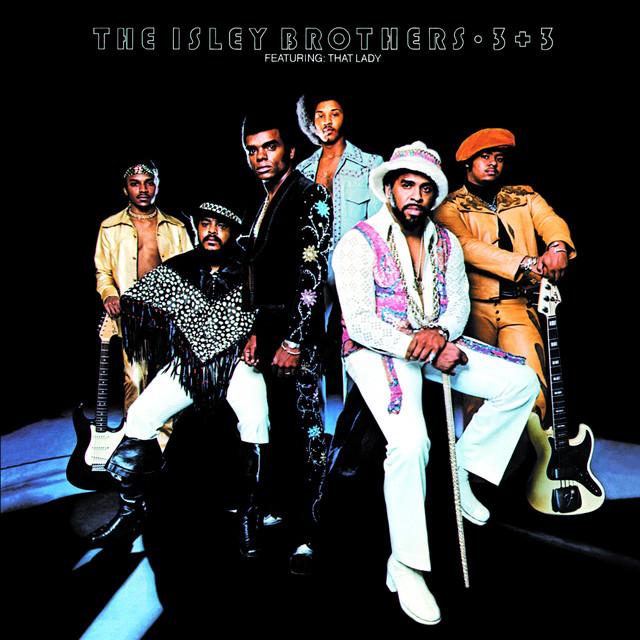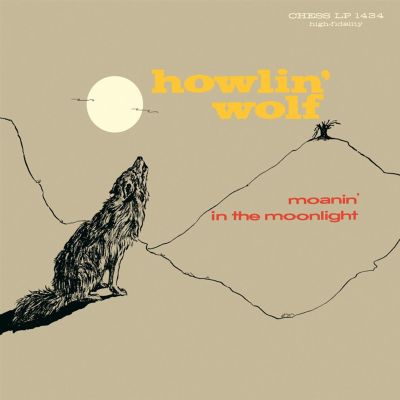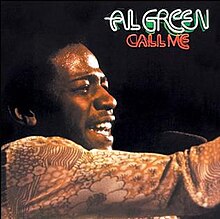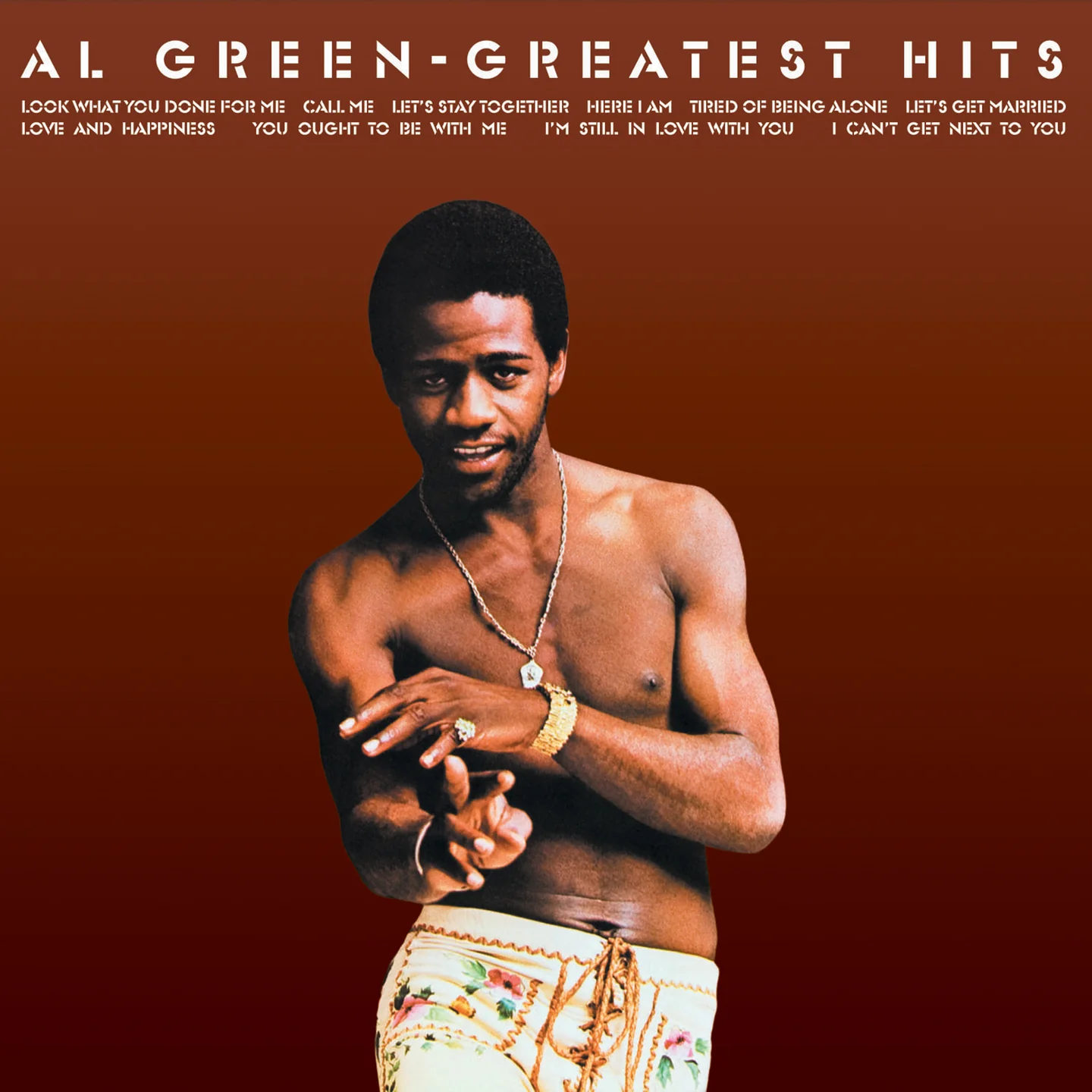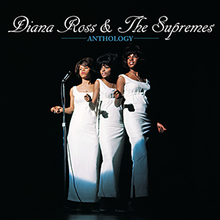

Coldplay is a British rock band formed in 1996 in London, consisting of lead vocalist and pianist Chris Martin, guitarist Jonny Buckland, bassist Guy Berryman, and drummer Will Champion. The band’s roots trace back to their time at University College London, where they began collaborating and writing songs together. Initially named Pectoralz, the group later changed their name to Coldplay, inspired by a suggestion from a friend. They initially struggled to find success but quickly rose to prominence with their debut album.
Coldplay’s breakthrough came in 2000 with their debut album, Parachutes. The album blended alternative rock and post-Britpop elements, capturing listeners with its introspective lyrics and mellow, atmospheric sound. The album’s first single, “Shiver,” was a radio hit, but it was the track “Yellow” that became a global phenomenon. With its simple yet emotionally charged chorus, “Yellow” propelled the band into international fame, marking Coldplay’s arrival on the world stage. Parachutes went on to become a critical and commercial success, earning Coldplay several prestigious awards, including a Grammy for Best Alternative Music Album.
Following Parachutes, Coldplay released A Rush of Blood to the Head (2002), which built on the success of their debut while expanding their musical range. The album featured a more polished sound with heavier use of piano and guitar, and it included some of their most iconic songs, such as “Clocks,” “The Scientist,” and “In My Place.” A Rush of Blood to the Head earned Coldplay their first Grammy Awards, including Record of the Year for “Clocks.” The album cemented their status as one of the most innovative and accessible rock bands of the new millennium.
In 2005, Coldplay released X&Y, their third album, which saw the band experiment with more electronic sounds while maintaining their signature melodic style. The album debuted at number one in several countries, including the United States and the United Kingdom, and included hits like “Fix You” and “Speed of Sound.” X&Y explored themes of uncertainty, longing, and self-doubt, and though it received mixed critical reviews compared to their previous albums, it became one of the best-selling albums of the year.
Coldplay’s 2008 album, Viva la Vida or Death and All His Friends, marked a significant departure from their previous sound. Produced by Brian Eno, the album incorporated orchestral arrangements, electronic influences, and anthemic choruses, and it became one of their most commercially successful records. The title track, “Viva la Vida,” became one of their biggest hits, reaching number one in multiple countries and earning Coldplay their first Grammy Award for Song of the Year. The album’s success was driven by its bold experimentation and the band’s ability to tap into new creative territories.
In 2011, Coldplay released Mylo Xyloto, a concept album that continued their exploration of a more electronic and experimental sound. The album featured collaborations with Rihanna on the hit single “Princess of China” and included several other chart-topping tracks like “Paradise” and “Every Teardrop Is a Waterfall.” Mylo Xyloto explored themes of love, war, and hope, with a more vibrant, colorful sound that reflected the influence of electronic music and dance pop. Despite mixed critical reception, the album became another commercial success, topping charts around the world.
Coldplay continued to evolve musically with Ghost Stories (2014), an album that featured a more introspective and somber tone. The album’s lyrics reflected Chris Martin’s personal struggles, particularly his high-profile divorce from actress Gwyneth Paltrow. The album produced hits like “A Sky Full of Stars” and “Magic,” blending acoustic elements with electronic textures. Ghost Stories was followed by A Head Full of Dreams (2015), an album that saw Coldplay embrace a more upbeat, pop-driven sound. The album featured collaborations with artists like Beyoncé, Rihanna, and Tove Lo, and produced hits such as “Adventure of a Lifetime” and “Hymn for the Weekend.”
Coldplay’s musical style has continually evolved, with their 2019 album Everyday Life reflecting their desire to experiment with different genres, including gospel, electronic, and African influences. The album’s two halves—Sunrise and Sunset—explored themes of love, loss, and social issues. It was a critical return to form, with many praising the band’s ability to stay relevant while pushing their sound in new directions. Their most recent album, Music of the Spheres (2021), incorporated more synth-driven pop and dance elements, influenced by the band’s interest in space and the universe.
Throughout their career, Coldplay has become known for their powerful live performances and large-scale tours. Their shows, often accompanied by stunning visuals, have attracted millions of fans across the globe. They have built a reputation for interacting with their audience, and their concerts often feel like communal events. The band’s activism and philanthropic work have also become a significant part of their identity, with Coldplay championing causes such as climate change and global poverty.
Over the years, Coldplay has sold over 100 million albums worldwide and has received numerous awards, including multiple Grammy Awards. Despite experiencing ups and downs throughout their career, Coldplay’s ability to remain relevant, their willingness to experiment with new sounds, and their continued focus on meaningful lyrical content have cemented their place as one of the most influential and successful bands of the 21st century. Coldplay’s evolution from a humble alternative rock band to one of the world’s biggest acts speaks to their versatility, commitment to their craft, and passion for connecting with their audience.
